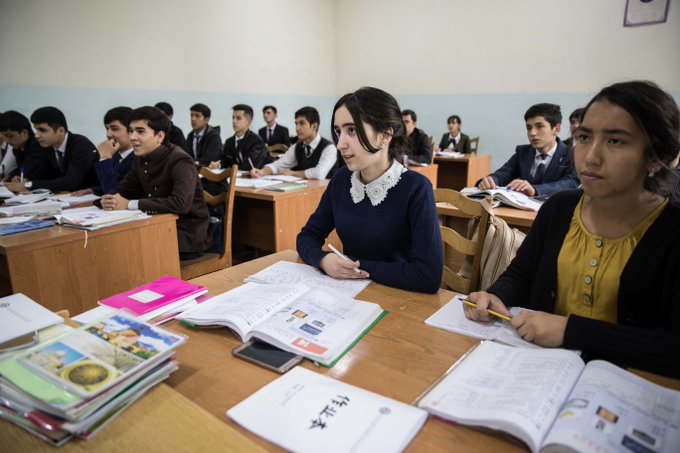China firmly objects to any attempt to taint academic exchange with untrue accusations, a Foreign Ministry spokesperson said on Thursday.

(File photo: Xinhua)
Song Xinning, a former director of the Confucius Institute at the Brussels University, was accused of spying and barred by the Belgium government from entering the Schengen Area for eight years.
A Schengen visa holder can stay up to 90 days for tourism or business purposes in the Schengen Area, which covers 22 European Union countries and four non-EU countries including Norway, Iceland, Switzerland and Lichtenstein.
"China strongly opposes any form of obstruction of cultural exchange and education cooperation," Geng Shuang, Chinese Foreign Ministry's spokesperson, said.
Geng then stressed that Confucius Institute is an important way for the world to know China. Its founding purpose is to promote Chinese learning around the world.
"Some western media have painted a false image of Confucius Institute in their reporting, including linking Confucius Institute to espionage activities, but none of those allegations turned out to be true," Geng said.
"We hope that relevant authorities can look into the case without prejudice towards Confucius Institutes," Geng said.
It has been learned that Song is appealing the decision of withdrawing his visa and suing the media in Belgium for defamation.
According to the EU, more than 14 million Schengen visas were issued in 2018.


